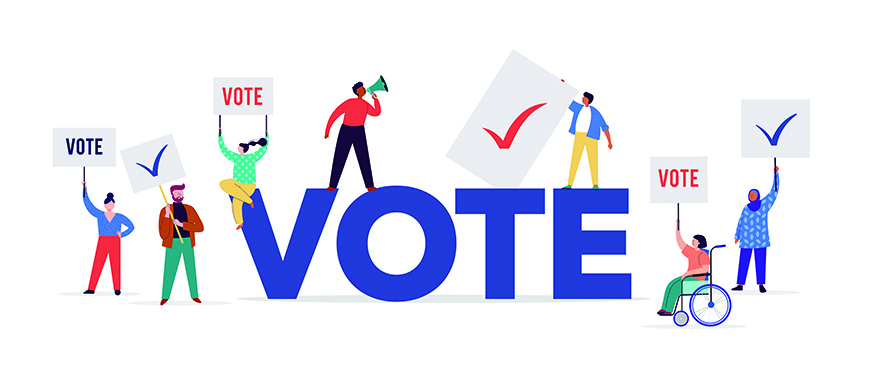Domestic election observation

The need to build capacities of local observers comes from the specific recommendations of election observation mission reports of the Parliamentary Assembly of the Council of Europe (PACE), the Office for Democratic Institutions and Human Rights of the Organization for Security and Co-operation in Europe (OSCE/ODIHR), the Congress of local and regional authorities.
In the past years, the Council of Europe engaged in a number of activities, in particular in Eastern Partnership countries focusing on exchanging opinions and best practices among domestic observer groups at regional level.
Domestic observer groups can specialise in certain aspects of election observation, while the international observers cover the election process as a whole. They can more efficiently than the international observers verify the voter roll, observe the complaint process, document instances of intimidation and human rights abuses, and watch the media. In addition, domestic observers remain in the country after international observers are gone and continue working on improving the electoral process.
Specific trainings are organised for the members of civil society in a given country on:
- Election report writing
- International standards in election matters
- Monitoring of the media
- Observation of candidate registration
- Observation of financing of political campaigns
- Other as requested
Photo: snig / Shutterstock.com
Workshop for Georgian Election Watchdogs on Election Report Writing
2nd working group meeting on the review of the Council of Europe Handbooks for domestic observers
1st Working group meeting on the review of the Council of Europe Handbooks for domestic observers
- Reporting on elections : Council of Europe handbook for civil society organisations | Armenian version | Georgian version | Romanian version | Russian version russe | Ukrainian version
- Using international standards in elections: Council of Europe handbook for civil society organisations | Armenian version | Georgian version | Romanian version | Russian version | Ukrainian version




